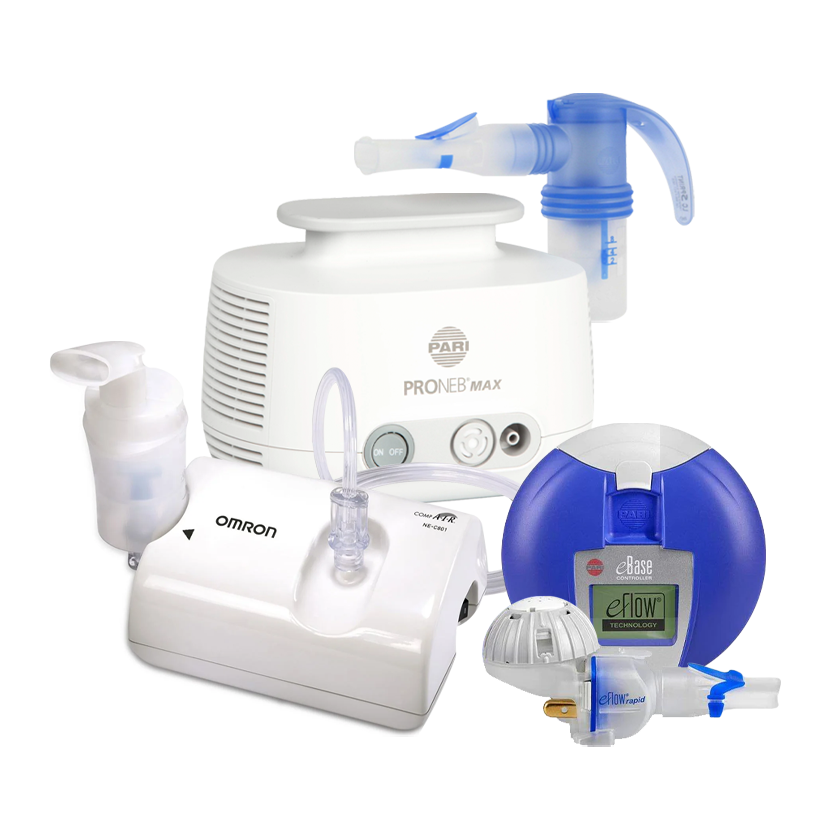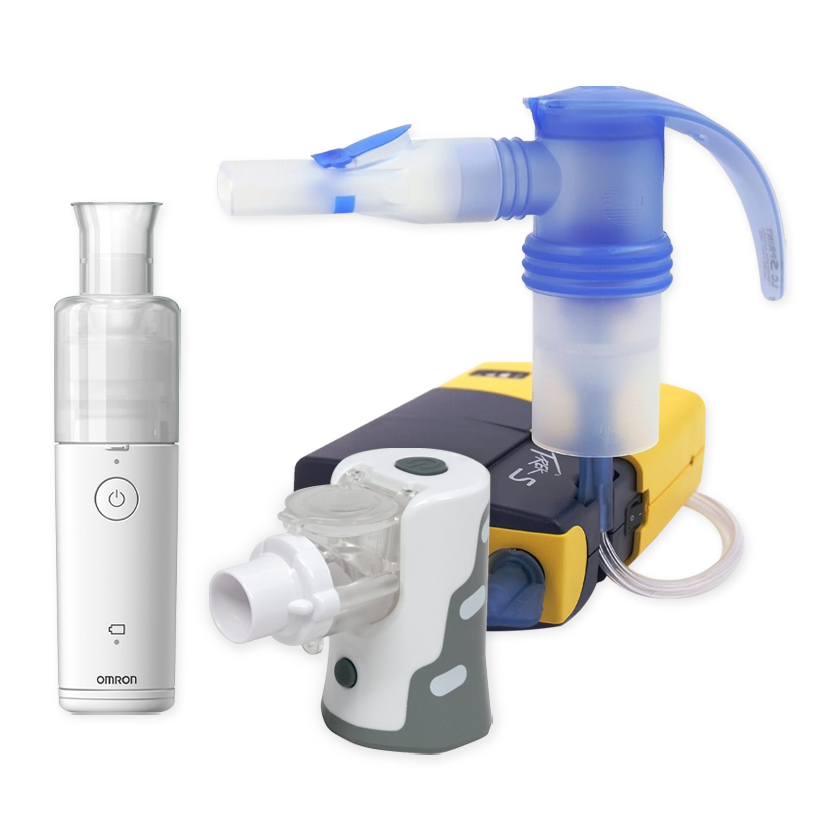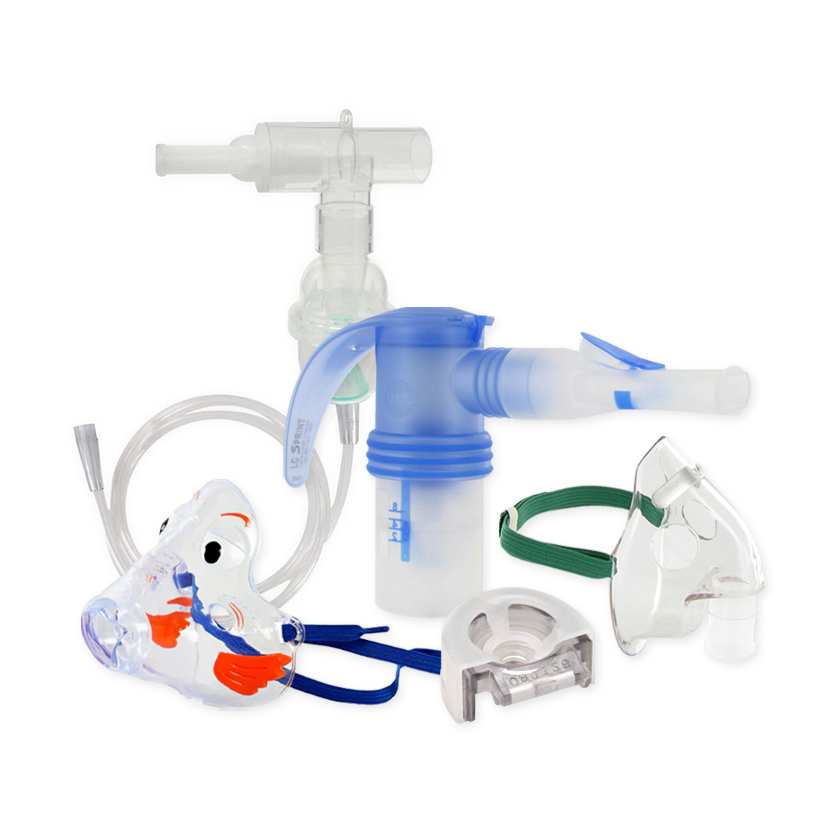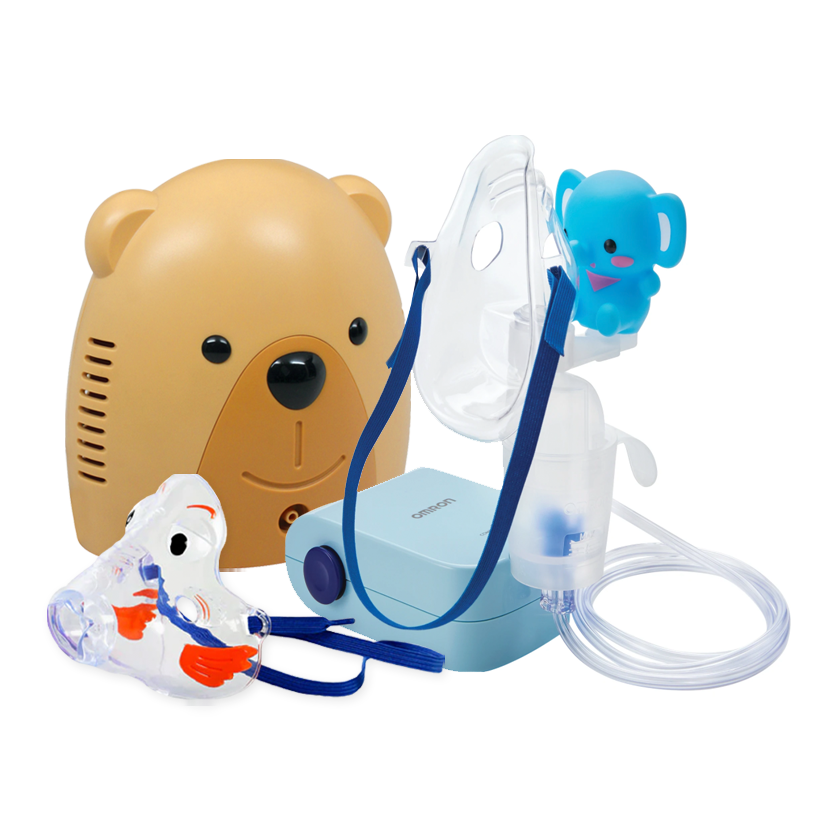Your Cart is Empty
Free Shipping on all orders over $75! Plus, free express shipping on select items.
Menu

Free Shipping on all orders over $75! Plus, free express shipping on select items.
Nebulizer Systems
Travel Nebulizers
Nebulizer Accessories
Just For Kids
Oxygen Supplies
Ancient Asthma Remedies, Part 1
September 25, 2014 2 min read
Mankind didn’t always have nebulizers and inhalers. Once upon a time, the treatments for “asthma” were much cruder, crueler, and less effective. I put “asthma” in quotation marks because back in the 1800s “asthma” referred to “any disease or illness that caused shortness of breath, such as heart failure, bronchitis,” and many others.
To understand these old timey treatments, you have to understand the mindset of old timey doctors. They believed asthma was caused by harmful matter in the body, so to cure it, harmful matter had to be removed from the body. Doctors would attempt to do this with treatments such as…
-
Emetics
These are medicines that make you vomit, which in theory would expel the harmful matter from your body. This treatment would be used if the asthma attack occurred right after the patient had eaten. Some doctors even recommended vomiting once a month as a way to prevent asthma.
-
Cathartics
These are medicines that make you poop, again to rid your body of harmful matter.
-
Diaphoretics
These are medicines that make you sweat.
-
Diuretics
These are medicines that make you pee. Interestingly, this treatment in some cases would have actually worked. We now know that diuretics help patients who have shortness of breath due to fluid in the lungs caused by heart failure. Back in the 1800s, this shortness of breath would have been diagnosed as “asthma.”
-
Exportants
These are medicines that make you hack up phlegm and other unpleasant fluids from your lungs.
-
Bloodletting
This is the process of removing blood from the patient. The theory was, once again, that this would help get rid of harmful matter in the patient’s body. Back in the day, bloodletting was used to cure everything from acne to strokes, or even insanity.
Fortunately, our modern treatments are much more effective than removing random bodily fluids and hoping for the best. So if you find your nebulizer treatments boring, just be glad you aren’t living in the 1800s.
Subscribe
Sign up to get the latest on sales, new releases and more …

NEW CUSTOMERS SAVE 10% OFF YOUR FIRST PURCHASE OF $20 OR MORE.
Code will be sent to email entered if applicable
SIGN UP FOR FUTURE SALES, NEW PRODUCTS AND ANNOUNCEMENTS
{"themeColor":"#061f77","iconColor":"#061f77","showLogo":true,"topBottomPosition":0,"rightLeftPosition":5,"iconSize":"large","iconCustomSize":64,"position":"middle-right"}



